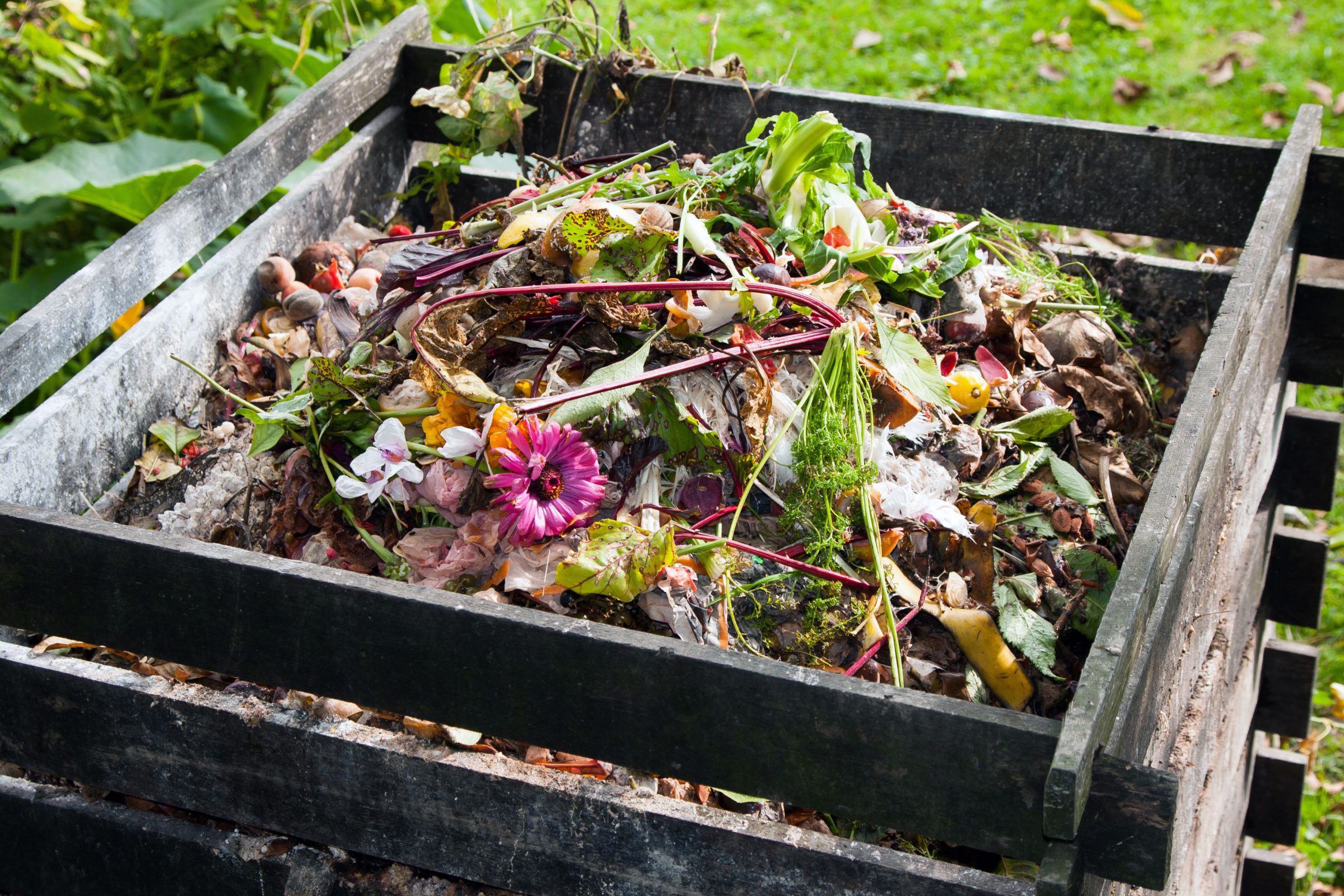‘Human Composting’ Promoted in New York Times
Originally published at National Review- Categories
- Human Dignity
The NYT has a long article out promoting human composting as a means of final disposition. The idea is to quickly turn bodies into dirt and then plant flowers in the remains or return the compost to the forest as fertilizer.
I have no objection to composting the dead being legal, as it now is in five states, and soon, apparently, in New York. But the story illustrates how profoundly traditional Christianity has collapsed in the West, and indeed, the meteoric growth of what might be called a nature worshipping neo-paganistic ethos: Per the Times:
I visited another forest in Southern Washington. After decades of depletion by logging, this forest had been taken over by a conservation organization with a special mission. A golf cart drove me along a re-wilding logging path, up to a field of dark-brown compost. The soil in this compost had once made up the bodies of 28 different humans: now, all were one, part of the woods around them. These 28 people chose to donate their soil to help regrow native trees and eventually bring shade to a salmon-spawning stream.
Notice the anonymity of the deceased. Notice that, unlike traditional Christian burial practices, with human composting, the body itself has no real meaning.
Yes, Christianity understands that, as Ash Wednesday has it, dust we were and dust we shall be. But that’s not all we are or will be in traditional Christian practice. Indeed, the dead body has value because the human person does. For example, the Orthodox Church believes:
Not only do the Orthodox revere the body, but we also acknowledge the part our physical bodies play in our salvation. Our bodies are just as valuable as our souls. According to Holy Tradition and Scripture, we will be resurrected in our physical bodies at the Second Coming of Our Lord. We must take care of our bodies, feeding them properly, getting adequate rest, and healing them with the Holy Mysteries.
Today, many Western Christians now allow cremation, in light of the fact that its association with paganism or Gnosticism is no longer a reality. However, the Orthodox Church asserts that voluntary cremation, regardless of its detachment from pagan thought or ritual, in every instance denies the value of the human body and of material creation in general. Hence, we as Orthodox Christians are to avoid it.
How we treat our dead reflects our views on what we think about the living. In this sense, human composting — and even more so, another growing practice of liquifying bodies and pouring the remains into the sewer — reflects a disturbing mindset that denies ultimate meaning to human life and views us, essentially, as just another animal in the forest. At the very least, these innovations reflect a lamentable, accelerating rejection of the Judeo-Christian values that undergird Western Civilization.
